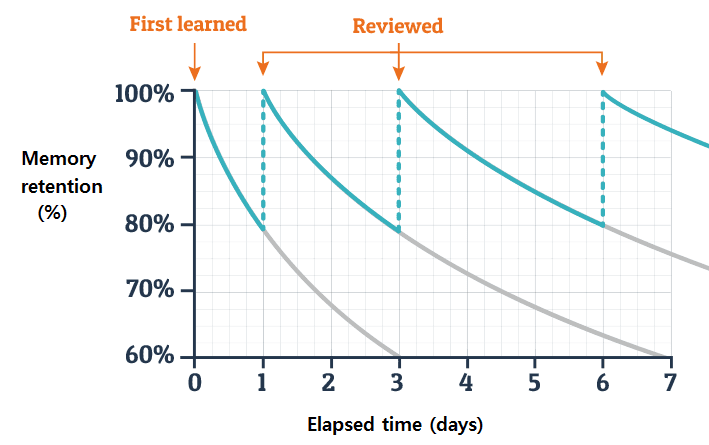10. Stop framing the unremarkable as catastrophic.
Related to the above, this means stop taking small details and turning them into questionable conclusions. Stop making a mountain out of a molehill. Unlike at the mall, this kind of escalator lifts nobody up.
361
1.32K reads
CURATED FROM
IDEAS CURATED BY
Getting rid of overthinking isn't easy. Thanks to these outstanding ideas by Scott Mautz that make solutions simple for us.
“
The idea is part of this collection:
Learn more about personaldevelopment with this collection
How to manage anxiety and self-doubt
Strategies for setting realistic goals
The importance of self-compassion and self-care
Related collections
Similar ideas to 10. Stop framing the unremarkable as catastrophic.
Tools To Manage The Cognitive Load
- Grouping or chunking of various pieces of information into different sections, making them easier to retrieve and remember.
- Making mind maps or process maps, and also thinking in maps making constructive associations and flow-charts.
- Clear...
The Forgetting Curve
The human brain doesn’t retain a lot in terms of memory, and 19th-century psychologist Hermann Ebbinghaus’s forgetting curve shows just how rapidly new information is lost if we don’t have the opportunity to put it into practice quickly.
Just 12 percent of professi...
Types of people
Category 1: Losers
People who always see negative in everything and put in the least amount of effort or no effort at all. They are least bothered about what is happening around them. They will only crib and complain about how the world is. They will say someth...
Read & Learn
20x Faster
without
deepstash
with
deepstash
with
deepstash
Personalized microlearning
—
100+ Learning Journeys
—
Access to 200,000+ ideas
—
Access to the mobile app
—
Unlimited idea saving
—
—
Unlimited history
—
—
Unlimited listening to ideas
—
—
Downloading & offline access
—
—
Supercharge your mind with one idea per day
Enter your email and spend 1 minute every day to learn something new.
I agree to receive email updates

